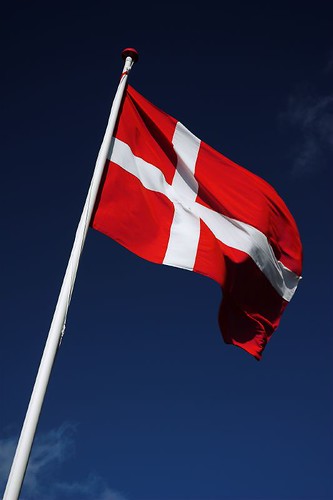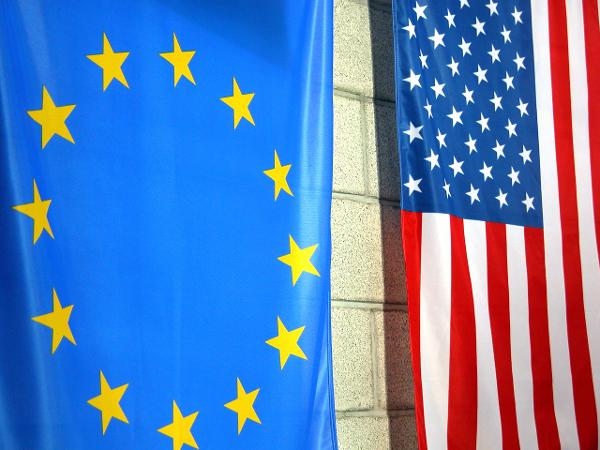
Vodafone Group Plc is considering a number of actions following a budget proposal by India to retrospectively tax overseas transactions involving local assets, the company said on Friday, calling the idea "grossly unjust".
Finance minister Pranab Mukherjee announced a new proposal that would allow authorities to back-date tax claims on overseas deals in his annual budget this month, in a move that business figures have said will hurt foreign investment.
"We are urgently considering a number of courses of action, both in India and internationally, in consultation with our advisers and we continue to discuss these issues with a wide range of stakeholders both in India and internationally," the company said.
Vodafone won a five-year legal battle in January when the Supreme Court dismissed a $2.2 billion tax demand from authorities raised over the British company's acquisition of Hutchison Whampoa Ltd's Indian mobile assets in 2007.
Business groups had hailed the court's decision as bringing clarity to the country's investment climate, but the proposed amendment to 50-year-old-tax laws would allow India to open a new front against the company.
Vodafone, in its statement, said that the proposed amendments to the law have raised "widespread and profound concerns in the minds of international investors."
The company, however, said that it was "not in a position to comment" on the possible actions it would take regarding the proposal.
Vodafone's India unit is the country's second largest mobile telecom provider by revenue, and third-largest by subscribers.
India's largest overseas corporate investor, the London-listed company's long-running dispute has come to symbolize the perils foreign firms face doing business in the country.
The tax proposal, if written into law, could also affect Kraft Foods Inc's 2010 acquisition of Cadbury's Indian business and deals involving Indian assets sold by AT&T Inc and SABMillerPlc's purchase of Fosters.














